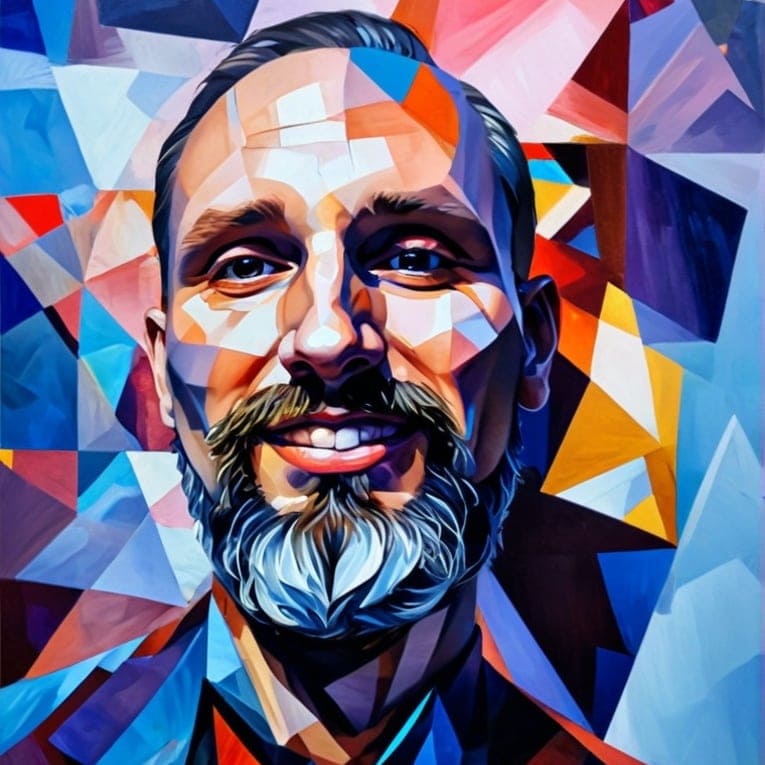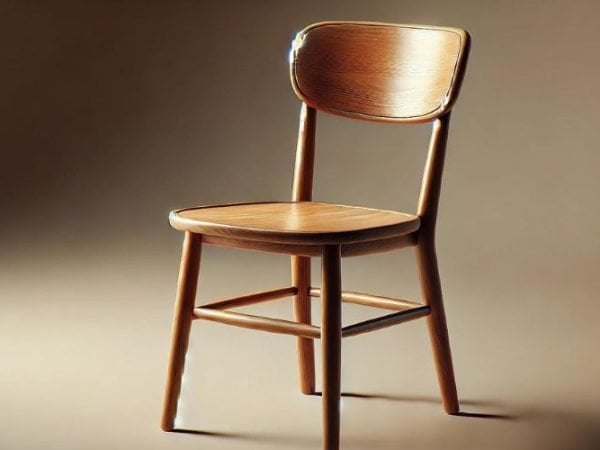Briefly
The throne is a powerful symbol of sovereignty, authority, and governance. It represents the seat of power from which a ruler governs, often seen as a physical manifestation of their right to rule and their status above others. In a broader sense, the throne can also symbolize judgment, as it is from this chair that decisions and laws are pronounced. The majesty and ornateness of a throne often reflect the glory and grandeur of the authority it represents.
Throne in Dreams
Dreaming of a throne could have various psychological implications, often related to the dreamer’s perceptions of power and control in their life. Sitting on a throne in a dream might indicate a feeling of having achieved a level of success or recognition, or a desire for such achievement. Conversely, it could symbolize an overwhelming responsibility or a feeling of being scrutinized by others. A vacant throne might suggest a transition of power or a void in leadership that the dreamer feels needs to be filled.
Throne in Myths and Folklore
In myths and legends, thrones often carry an enchanted or prophetic significance. They can be made from fantastical materials and represent the divine right or the destiny of the characters who sit upon them. Thrones are central to the tales of kings and queens and are often the object of quests or the symbol of prophecies fulfilled. In fairy tales, the throne is a common motif representing the culmination of a character’s journey, usually after overcoming formidable challenges to ascend to their rightful place as a leader or ruler.

Reviewed by Alexander Lys, M.L., a specialist in the field of symbolism research and dream psychology. A certified participant in numerous psychological seminars and courses, the author of hundreds of articles on psychology, including studies on symbolism in dreams and myths from a scientific perspective.



